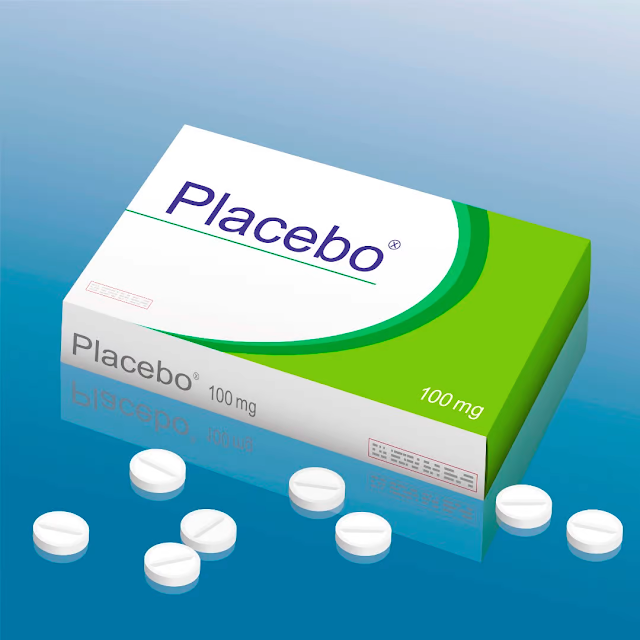Does Isolation Hurt the Immune System?
By Kim Marquardt, RN MSN
This blog post is from the Nurse Kim archives of myth busting. I want to share some "alternative" or maybe just lesser known health and wellness viewpoints for you to chew on.
*These posts are not intended as official medical advice.
They ARE meant to be fun, informative, and thought provoking, hopefully sparking an interest for you to do your own research (you can start with the links I provide!) and discover the marvels of the human body, and how it can function at its optimal performance level if we understand how it works and interacts with our environment and our diet.
I have a passion for health and wellness through lifestyle and nutrition and have done thousands of hours of research in addition to being a registered nurse for 23 years. I have done A LOT of self-experimentation in and around diet, lifestyle, body care, and supplementation and have spent a lot of time looking into the science behind it all (or lack thereof!). Check back weekly for the latest post!
-----
The short answer is YES.
If you think
about the science behind why humans even develop an immune system in the first
place, it is because our body is exposed to pathogens, and in turn, develops
immunity against those pathogens, most of the time with us never even getting
sick in the process, and once in a while, indeed suffering the symptoms of the illness.
In modern times, we like to “prime” the immune system even further
with inoculations, a fancy word for vaccines. Sometimes these vaccines give us
a few symptoms of the illness, because after all, symptoms off illness are not related
to the actual virus or bacteria, but rather the immune system's response
against it (think fever, excess mucous production, etc. That is all our immune
system responding, not the virus itself).
Kids and RSV this season:
What I want to dive into in this context are the recent reports
of an astronomical number of kids getting hospitalized with RSV (Respiratory
Syncytial Virus) this season than what we normally see. Experts suspect
this is directly related to those same children being isolated, out of school
and society, for the last several years due to COVID, and thereby not being exposed
to normal childhood illnesses which would have appropriately primed their
immune systems.
Turns out, these types of restrictions have consequences, and while our public health officials are trying to do “the most good for the most people,” little pockets of society are going to suffer negative effects from these measures.
In this case, our children.
You see, most kids are exposed to and develop immunity to
RSV by the time they are 2 years old, but not if they are out of daycare and school
and isolated at home. Now we are seeing the aftermath of that in a big way. “A
lot of kids just haven’t seen RSV, and then now they’re seeing it for the first
time all at once, and it’s leading to a big strain on our hospital
resources," said Dr. Scott Roberts, who is seeing the biggest surge in his Connecticut hospital
in 25 years straining the hospital’s capacity.
Is this also true for adults?
While this phenomenon may be true for children, it is not necessarily true for adults with immune systems that have already been primed.
However, adults suffer different and equally detrimental consequences
from social isolation. An analysis of 148 different studies
found that people who led social lives were 50% less likely to die over a given
period than those who did not. In fact, people with higher levels of social
activity were less susceptible to the common cold.
Yes, that’s right.
The more you socialize… the less you get sick.
This is such an important take home in our current climate
of all or nothing fear of COVID. This is not to say we should not be
appropriately cautious coming out of a worldwide pandemic. It IS to say however
that we need to consider more than one factor when making decisions about our
lives and those of our loved ones.
Social Connectedness:
Social connectedness in fact, has been shown to be the single BIGGEST factor for human longevity over and above lifestyle habits like diet, exercise…. EVEN SMOKING!
Social connectedness affects so many aspects of health and
wellness and it’s not just psychological. Isolation increases the stress
hormone cortisol, which has a direct impact on our immune system and our physical
health. The fact of the matter is, the stress of isolation makes people more susceptible to infectious disease.
So, what’s the moral of the story?
Throw caution to the wind
and pretend COVID never happened? Well… eventually, YES!!! This probably
needs to happen for most people. If you aren’t there yet, that is totally
okay, I just want to open your eyes and have you consider other factors
that indeed affect health and longevity. It’s not simply the question, “Am I
protecting myself from COVID or not.”
In summary, let’s allow common sense and science (click the links in this post) to lead the way. Let’s inquire about things that feel morally questionable, like isolating kids when they are at extremely low risk for COVID complications and not letting family members visit their elderly relatives in nursing homes.
The
ethical price tag of some of these things unfortunately is much greater than their
benefit. But alas, live and learn. That’s what we do. Let’s not forget to do
the latter this time.




Hello
ReplyDeleteI have found your blog very helpful, The counselor that helps to overcome your addiction, SAP Evaluation LLC. DOT's Department of Transportation has developed a DOT Qualified SAPlist near me (SAP) program specifically for substance abuse treatment.
The SAP Clearinghouse provides information on drug and alcohol testing, education and training, as well as a list of SAP service providers.